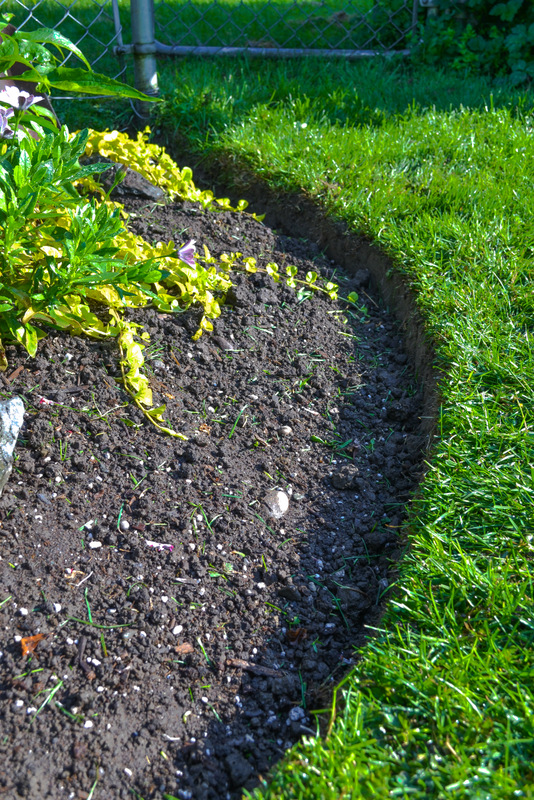How to Kill Grass in a Flower Bed

It is quite natural for grass seedling to make way from a lush green garden into a flower bed. In such a situation, it becomes important to get rid of the grass to keep it from damaging the flowers. The task is easy if you address the problem in a right away. Remember, if you let the grass grow for a long period of time, removing it from the flower bed would become more difficult and you will have to use a more direct method of removing it.
Things Required:
– Nonselective herbicide
– Mulch
– 8 to 10 sheets of newspaper
– Postemergence herbicide
Instructions
-
1
While the grass is still young, carefully remove it from the flower bed with your hands. Try not to uproot any flowers in the process. If the grass you are trying to remove has been growing for quite a while, it would have a complex system of roots in the ground. For this reason, it would be best to work cautiously and take a hold of the entire grass plant before pulling it out of the flower bed.
-
2
Use a nonselective herbicide for very old and tough to remove grass plants. Be sure to liberally water the area where you used the herbicide. Keep in mind that the herbicide would kill any green plant it makes contact with. Thus, you will have to be very careful not spray any flowers.
-
3
Cover the flower bed with a 2 to 4 inches thick layer of mulch. You can use compost, pine mulch, pine bark, pine straw or leaf litter for this purpose. Mulch will block the passage of sunlight to the grass plants which means the processes of germination and photosynthesis would cease. Just to be on the safe side, it would be best to lay eight to ten sheets of newspaper around the flowers and then apply the mulch.
-
4
Even though buried under mulch, a few of the grass seedlings may push through it. Such seedlings can be treated with a postemergence herbicide. It would be best to use an herbicide that contains fluazifop or sethoxydim as an active ingredient. As before, be cautious and apply the herbicide to grass seedlings only.



